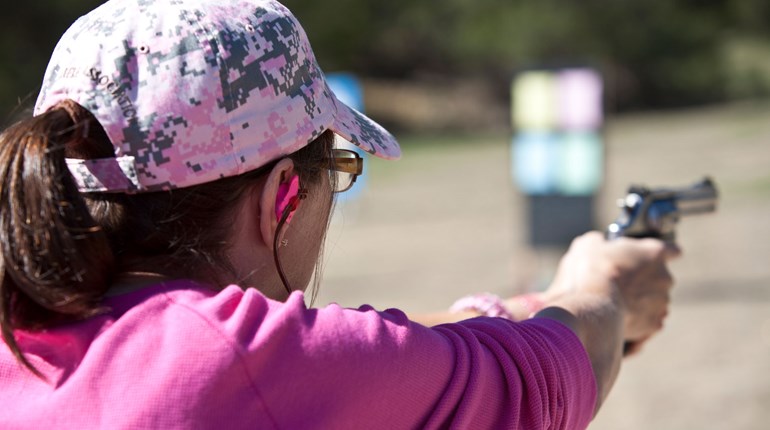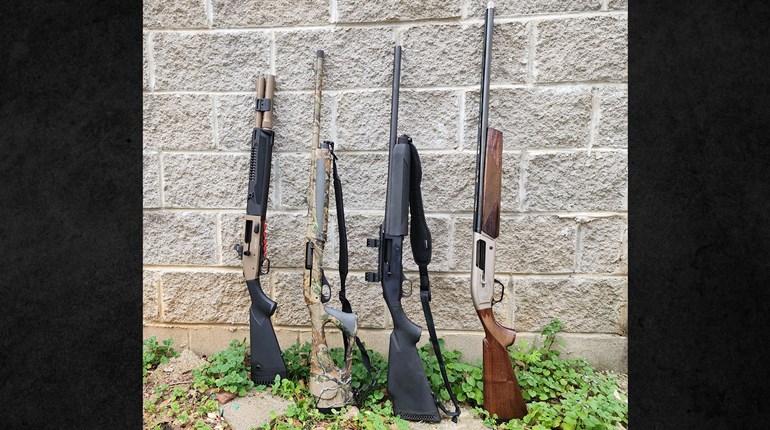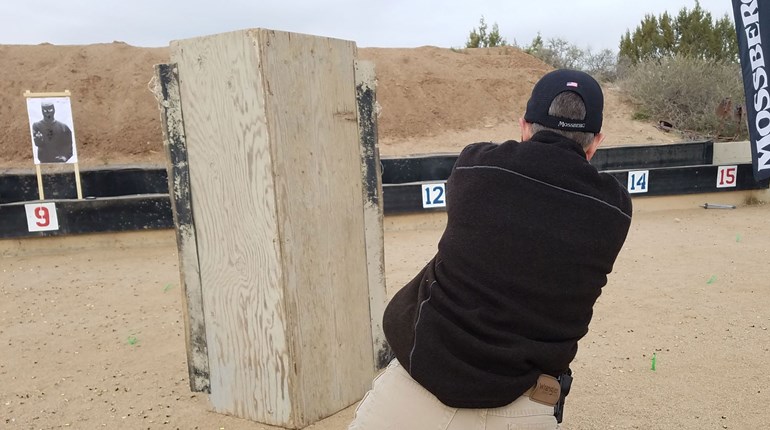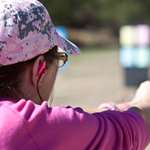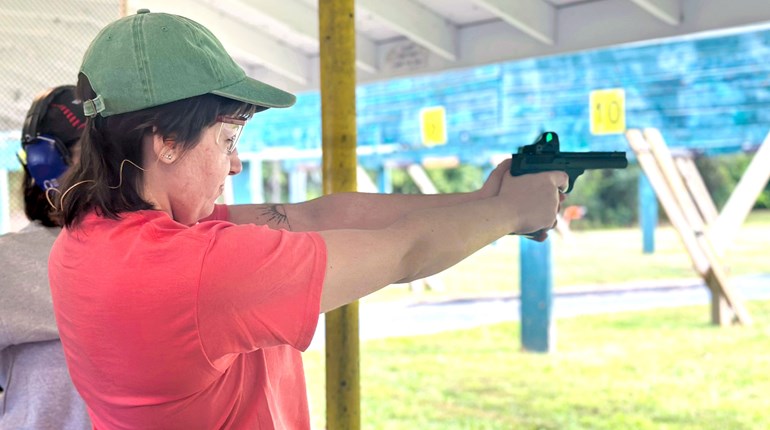
One of the best parts of upland and waterfowl hunting, for me, is the dogs. Watching a well-trained pointer, flusher or retriever do what they do best is just incredible. And, of course, having a retriever in the blind or field with you is especially helpful, saving you tons of time and walking when birds are down. But what if you don’t have one?
The answer to this “how bad is it” is simple: It’s not bad at all to hunt birds without a retriever. You just have to serve as your own retriever! There is one caveat, though: Make sure you are equipped to retrieve the birds somehow.
In upland hunting, this means you must pay close attention to where birds fall; it’s easy to lose them in the brush, and without a canine nose to sniff them out, you could walk within a foot of a fallen quail or grouse and not see it. You should consider limiting yourself to shooting only one bird out of each flush to ensure you don’t lose track of where the bird goes down. Be willing to get into thick cover and briars to retrieve birds, and wear clothing that allows you to do so. Being selective about your shots in the first place will help you keep better track of where birds fall.

In waterfowl hunting, going without a dog is also no problem. The same rule about marking where birds fall applies, but depending on where and how you’re hunting, it might not matter as much. You will need to be prepared with whatever equipment you need to go fetch your downed geese and ducks. In dry fields, it’s a simple matter of watching where birds fall and walking out to them. In shallow flooded timber where you are wading, it’s smart to know the depths of the water all around you. If there are areas where it’s too deep to wade, limit your shots to the shallower sections of timber so you know you’ll be able to wade out to downed birds. You can even carry a fishing pole with a treble hook, so you can cast out and hook downed birds on the water if you need to. Just be aware of the distance limitations of this idea (and your casting skill level).
In some situations, certainly in the case of sea duck hunting and some flooded timber or marshes, you’ll need a boat to retrieve downed birds, maybe even if you didn’t need a boat to get to the blind. A kayak, canoe or innertube might be enough on small waters.
Wherever you’re hunting without a retriever, be judicious about your shots so that birds don’t fall in areas that are too difficult to access. And be especially careful about cripples—even if a bird falls where you want it to, if it’s wounded, it can run through a cut cornfield or swim halfway across a lake while you’re trying to catch up, and you can find yourself making a much different retrieve than you had planned. Dog or not, this is part of the reason many sea duck hunters follow the “if it’s moving, keep shooting” advice, because cripples are notoriously difficult to keep track of and retrieve.
All in all, bird hunting without a retriever is no problem at all. You just need a plan for taking careful shots in the right places, a plan for picking up downed birds, and maybe some equipment to make it possible.












